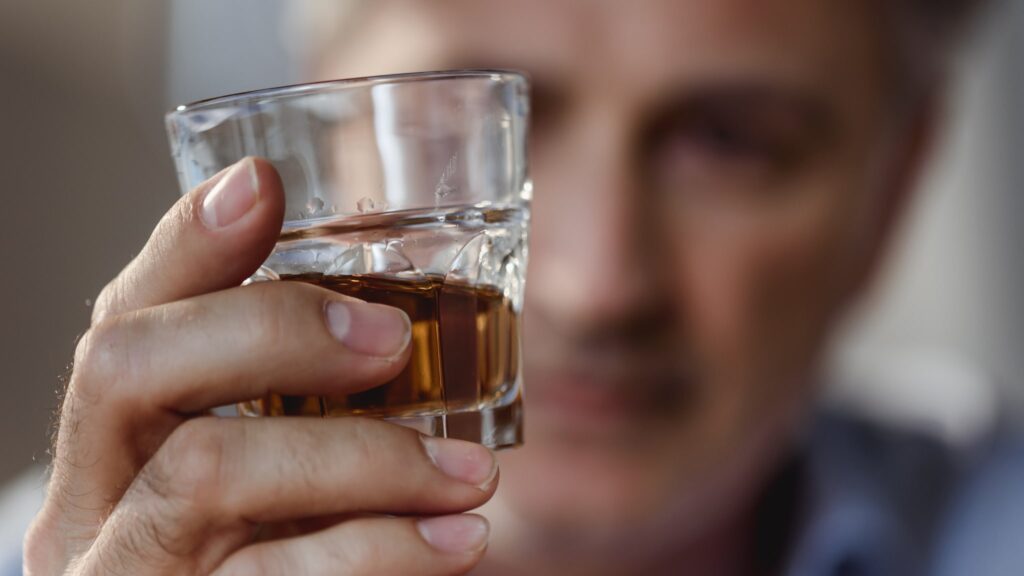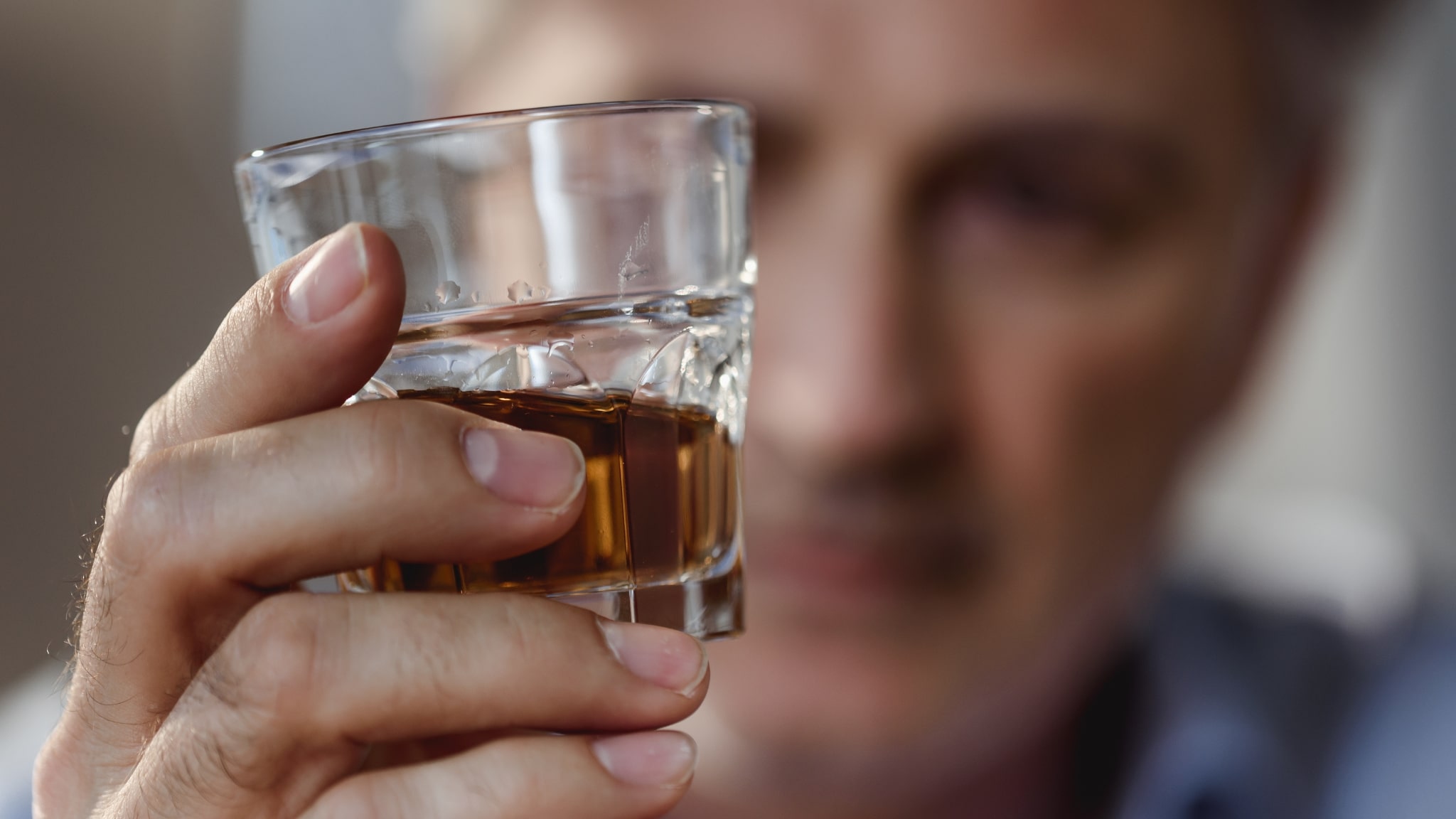
What Medicine Has Alcohol In It? A Comprehensive Guide
The question, “what medicine has alcohol in it?” is more pertinent than many realize. While often overlooked, alcohol is a common ingredient in various over-the-counter (OTC) and prescription medications. Understanding which medications contain alcohol is crucial for individuals with alcohol sensitivities, those in recovery, and anyone concerned about potential interactions with other drugs.
This comprehensive guide delves into the reasons why alcohol is used in medications, identifies common types of medicines that contain alcohol, discusses the potential risks and side effects, and offers strategies for identifying and avoiding alcohol-containing medications. We aim to provide clear, accurate, and practical information to empower you to make informed decisions about your health.
Why Is Alcohol Used in Medications?
Alcohol, typically ethanol, serves several purposes in pharmaceutical formulations. Its primary roles include:
- Solvent: Alcohol is an excellent solvent, capable of dissolving many substances that are not soluble in water. This is particularly useful for medications containing plant-derived ingredients or other complex compounds.
- Preservative: Alcohol inhibits the growth of bacteria and fungi, extending the shelf life of liquid medications.
- Enhancer of Absorption: In some cases, alcohol can enhance the absorption of the active ingredients in a medication, allowing them to enter the bloodstream more quickly and efficiently.
- Vehicle for Flavoring: Alcohol can help mask unpleasant tastes, making medications more palatable, especially for children.
Common Types of Medicines Containing Alcohol
Many types of medications can contain alcohol. Here are some of the most common categories:
Cough Syrups and Cold Remedies
Cough syrups and cold remedies are notorious for containing alcohol. Alcohol helps dissolve the active ingredients and provides a soothing effect. However, the alcohol content can vary significantly between different brands and formulations. Always check the label carefully.
Liquid Pain Relievers
Some liquid pain relievers, particularly those designed for children, may contain alcohol to improve palatability and ensure the active ingredients are properly dissolved. Examples include certain formulations of acetaminophen and ibuprofen.
Mouthwashes and Throat Sprays
Many mouthwashes and throat sprays contain alcohol as an antiseptic and solvent. While the alcohol content is generally low, frequent use can still be a concern for individuals avoiding alcohol. Alcohol-free alternatives are readily available.
Digestive Aids
Certain digestive aids, such as liquid antacids and anti-diarrheal medications, may contain alcohol. The alcohol acts as a solvent and preservative, helping to maintain the stability of the product.
Herbal Tinctures
Herbal tinctures are concentrated herbal extracts made by soaking herbs in alcohol. The alcohol extracts the active compounds from the herbs and preserves them. These tinctures are often used in alternative medicine.
Liquid Vitamins and Supplements
Liquid vitamins and supplements sometimes contain alcohol to help dissolve and preserve the ingredients. This is particularly common in supplements containing fat-soluble vitamins or herbal extracts.
Prescription Medications
While less common, some prescription medications also contain alcohol. These may include liquid formulations of antibiotics, sedatives, and other drugs. Always discuss the ingredients of your prescription medications with your doctor or pharmacist.
Risks and Side Effects of Alcohol in Medications
The alcohol content in medications can pose several risks and side effects, especially for certain populations:
- Alcohol Sensitivity: Individuals with alcohol sensitivity or allergies may experience adverse reactions, such as skin rashes, itching, or difficulty breathing.
- Drug Interactions: Alcohol can interact with other medications, potentially increasing or decreasing their effectiveness or causing dangerous side effects. For example, combining alcohol with sedatives or antihistamines can lead to excessive drowsiness and respiratory depression.
- Liver Damage: Long-term or excessive consumption of alcohol, even in small amounts, can contribute to liver damage, particularly in individuals with pre-existing liver conditions.
- Addiction: Individuals with a history of alcohol abuse or addiction may be triggered by the presence of alcohol in medications, potentially leading to relapse.
- Children: Children are more susceptible to the effects of alcohol due to their smaller body size and immature liver function. Even small amounts of alcohol can cause drowsiness, nausea, and impaired coordination.
- Pregnancy: Pregnant women should avoid alcohol altogether, as it can harm the developing fetus. Alcohol in medications can contribute to fetal alcohol spectrum disorders (FASDs).
How to Identify Alcohol-Containing Medications
The best way to identify what medicine has alcohol in it is by carefully reading the product label. Here are some tips:
- Check the “Inactive Ingredients” List: Alcohol is usually listed as “alcohol,” “ethanol,” or “ethyl alcohol” in the inactive ingredients section of the label.
- Look for Percentage by Volume (% ABV): Some medications list the alcohol content as a percentage by volume (% ABV). This indicates the proportion of alcohol in the product.
- Consult Your Pharmacist: If you are unsure whether a medication contains alcohol, ask your pharmacist. They can provide detailed information about the ingredients and potential risks.
- Use Online Databases: Several online databases and resources provide information about the ingredients of medications. These can be helpful for identifying alcohol-containing products.
- Be Aware of Common Culprits: As mentioned earlier, cough syrups, cold remedies, mouthwashes, and herbal tinctures are particularly likely to contain alcohol.
Alternatives to Alcohol-Containing Medications
If you need to avoid alcohol-containing medications, several alternatives are available:
- Alcohol-Free Formulations: Many manufacturers offer alcohol-free versions of common medications, such as cough syrups and mouthwashes. Look for products specifically labeled as “alcohol-free.”
- Pills and Capsules: Pills and capsules generally do not contain alcohol, making them a safe alternative to liquid medications.
- Alternative Therapies: Depending on the condition, alternative therapies such as herbal remedies, acupuncture, or physical therapy may be effective. Consult with a healthcare professional to determine the best course of treatment.
- Compounding Pharmacies: Compounding pharmacies can create custom medications without alcohol or other undesirable ingredients. This can be a good option for individuals with specific sensitivities or allergies.
Practical Tips for Avoiding Alcohol in Medications
Here are some practical tips to help you avoid alcohol in medications:
- Always Read Labels: Make it a habit to read the labels of all medications, both OTC and prescription.
- Inform Your Healthcare Providers: Tell your doctor, pharmacist, and other healthcare providers about any alcohol sensitivities, allergies, or history of alcohol abuse.
- Keep a Medication Log: Maintain a log of all the medications you are taking, including the ingredients and potential side effects.
- Ask Questions: Don’t hesitate to ask your healthcare providers questions about your medications. They are there to help you make informed decisions about your health.
- Consider Alternatives: Explore alcohol-free alternatives whenever possible.
- Be Vigilant: Stay vigilant and proactive in managing your health. Knowledge is power when it comes to avoiding unwanted ingredients in medications.
Understanding what medicine has alcohol in it is essential for protecting your health and well-being. By being informed and proactive, you can minimize the risks associated with alcohol-containing medications and make choices that support your overall health. Always consult with your healthcare provider for personalized advice and guidance.
While this article provides a comprehensive overview, it is not a substitute for professional medical advice. If you have any concerns about the alcohol content of your medications, talk to your doctor or pharmacist. They can help you identify safe and effective alternatives.
Conclusion
Navigating the world of medications can be complex, especially when considering hidden ingredients like alcohol. Knowing what medicine has alcohol in it empowers you to make informed decisions about your health. By understanding the reasons for alcohol’s use in medications, identifying common culprits, and exploring alternatives, you can protect yourself from potential risks and side effects. Remember to always read labels, consult with healthcare professionals, and stay vigilant in managing your medication regimen. Your health is worth the effort.
[See also: Understanding Drug Interactions]
[See also: Alcohol-Free Cough Remedies for Children]
[See also: The Dangers of Mixing Alcohol and Medications]

